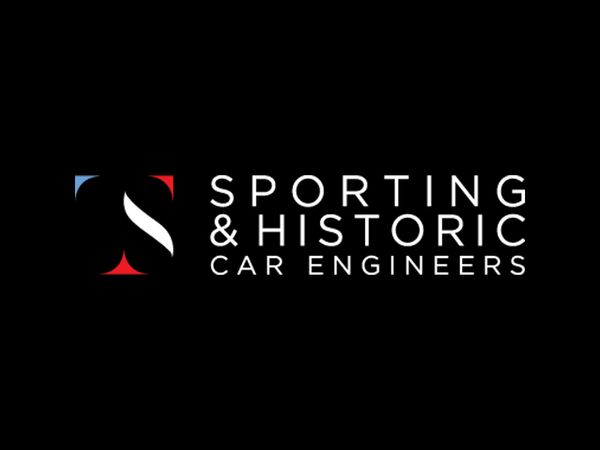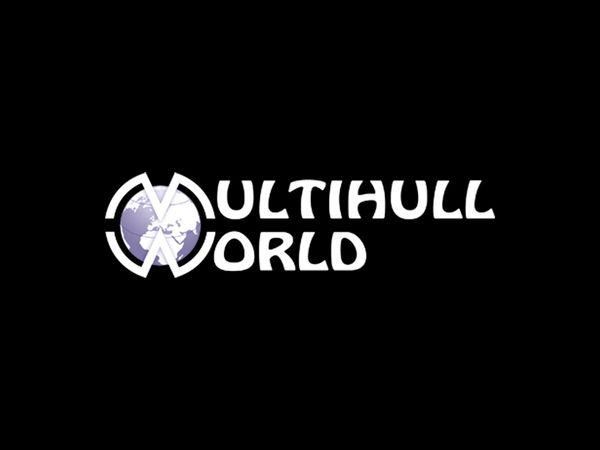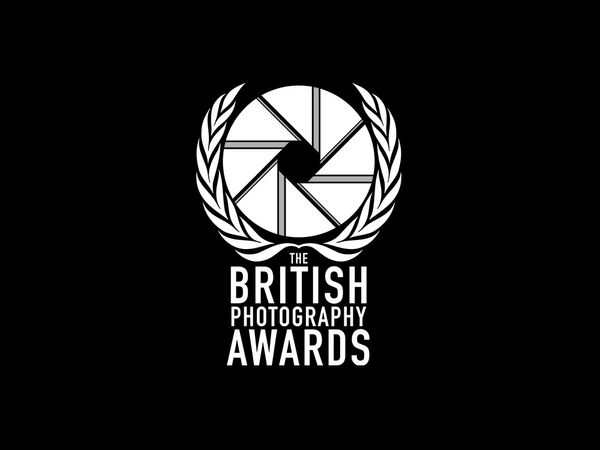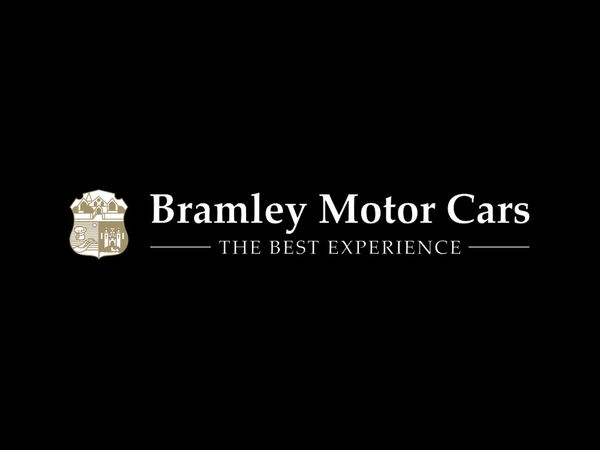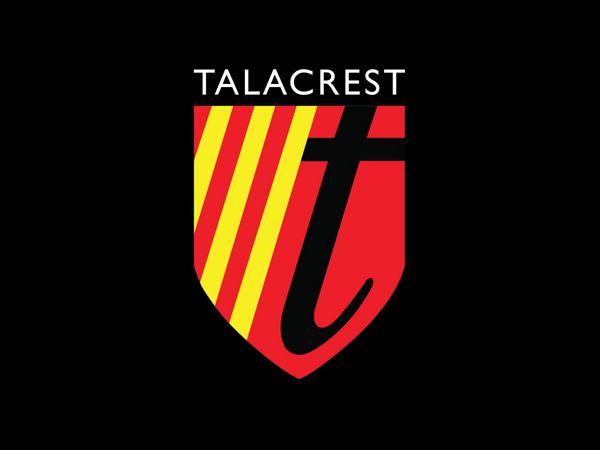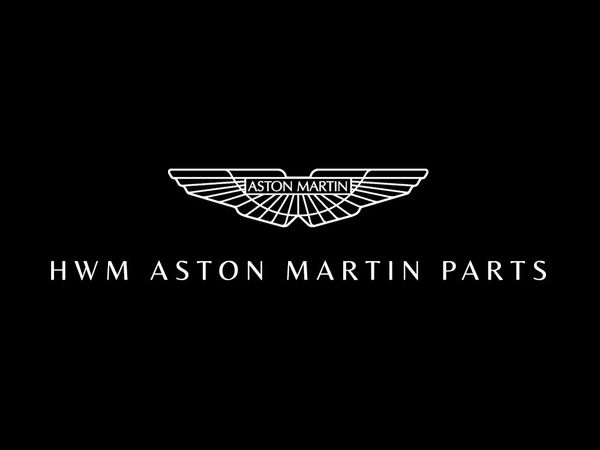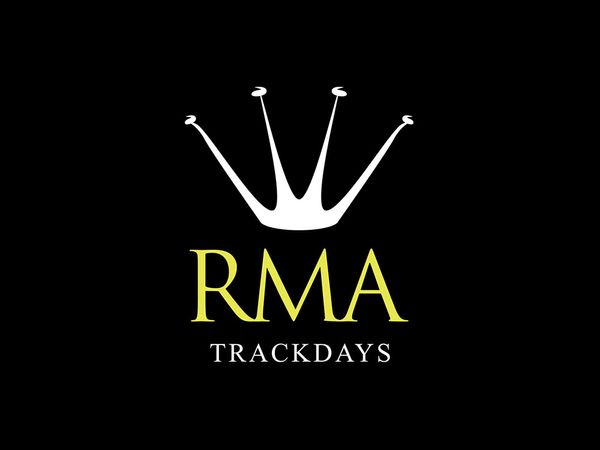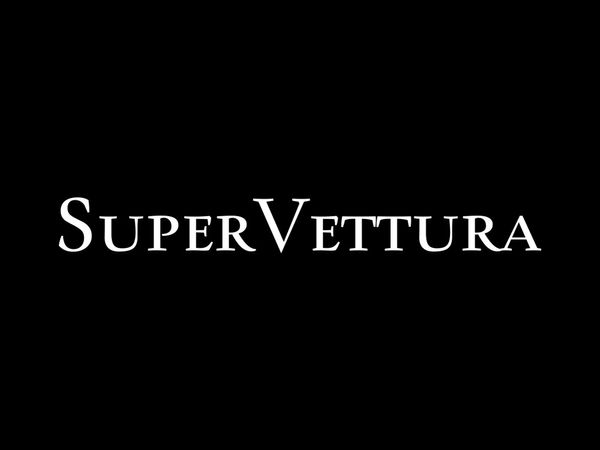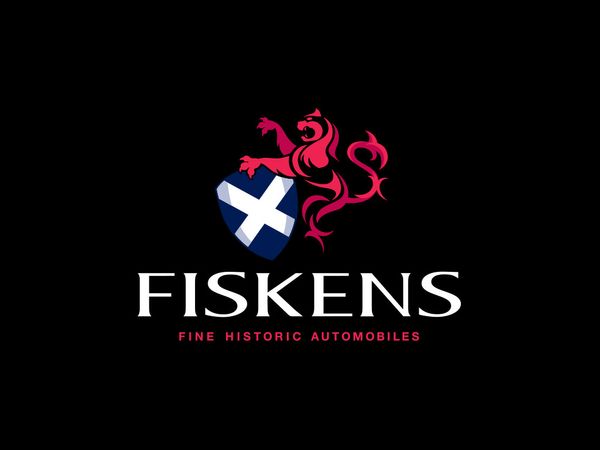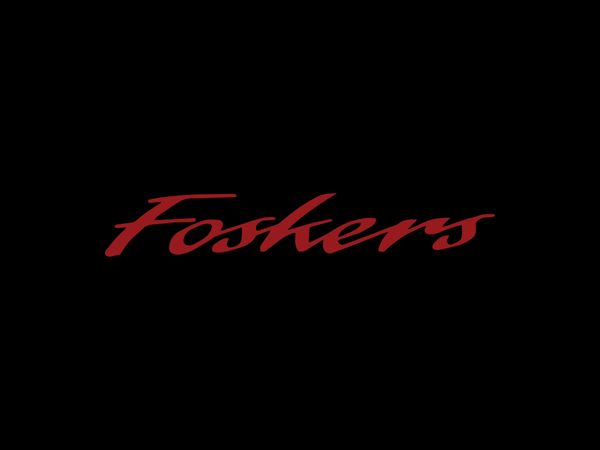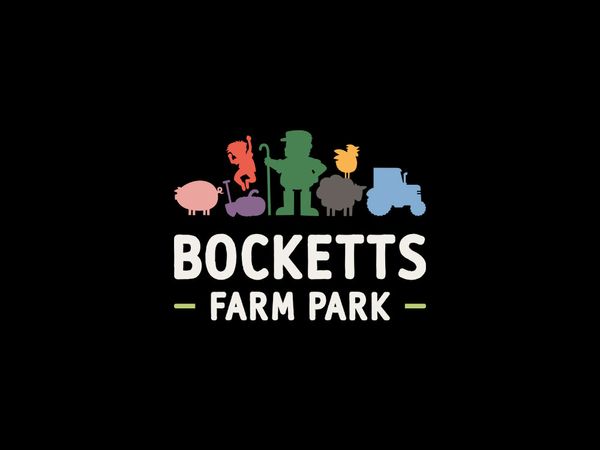On Saturday 27 April, the Royal National Lifeboat Institution (RNLI) held the official naming ceremony of the Shannon class lifeboat stationed at Hastings. The all-weather boat has been funded by the generous legacy of the late Richard Colton who left two classic Ferraris to the RNLI in his will.
Businessman Richard Colton passed away in March 2015 and left an extraordinary legacy to the RNLI of two of the world’s rarest Ferraris. Both went to auction, a 1960 red Ferrari 250 GT SWB sold for £6.6m, while a silver 1967 Ferrari 275 GTB/4 sold for £1.93m – making the vehicles the most valuable items ever left to the RNLI in a single legacy.
Part of this has been used to fund the all-weather lifeboat Richard and Caroline Colton and launch and recovery system for the lifeboat at Hastings. Designed in-house by RNLI naval architects, the Shannon class lifeboat was introduced to the RNLI’s fleet in 2013. The Shannon class is the first of the RNLI’s all-weather lifeboats to be powered by water-jets rather than traditional propellers, making it the most agile and manoeuvrable lifeboat in the charity’s fleet.
The special ceremony, held at the lifeboat station, was attended by a large crowd who were welcomed by the RNLI’s crew and volunteers, along with the family of Richard Colton and dignitaries.
Hastings Coxswain, Phil Jones, said: 'The naming ceremony and service of dedication is a very special day for everyone associated with the lifeboat station, and we are so grateful to the legacy of Richard Colton, for making this happen. His legacy will enable the station to carry out our lifesaving work and serve the community of Hastings.
‘Six out of ten lifeboat launches are only made possible by legacies, large and small, left to the RNLI in people’s wills. These gifts pay for the training and equipment we as lifeboat crew rely on when we launch into the unknown, in all weathers, day or night to save others.’
Richard Colton, a Northamptonshire businessman, had a distinguished career in footwear distribution and for 40 years collected and actively restored sensational classic cars. Described by close friends as “a shy and private man”, he was known to be somewhat nervous of the sea, which may have added to his great respect for the men and women who risk their lives daily around Britain’s coast.
Mrs Jo Adams, cousin of Richard Colton who performed the naming duties on the day, said: ‘As Richard’s first cousin and sadly the last surviving Colton, I, together with all my family and his friends are immensely proud of this wonderful gesture! It is of even greater significance personally because my husband and I have always been keen offshore sailors and recognise full well what the RNLI means to the sailing community amongst many others.’
Charles Denton, godson of Richard Colton, said: ‘What a great day! To see all those people, classic cars and ‘Richard and Caroline Colton’ looking spotless made for a very moving occasion. A fitting tribute to a fantastic legacy. Thank you to the RNLI for holding such a wonderful event.’
Key facts about the RNLI
The Royal National Lifeboat Institution is the charity that saves lives at sea. Our volunteers provide a 24-hour search and rescue service in the United Kingdom and Ireland from 238 lifeboat stations, including four along the River Thames and inland lifeboat stations at Loch Ness, Lough Derg, Enniskillen, Carrybridge and Lough Ree. Additionally the RNLI has more than 1,000 lifeguards on over 240 beaches around the UK and operates a specialist flood rescue team, which can respond anywhere across the UK and Ireland when inland flooding puts lives at risk.
The RNLI relies on public donations and legacies to maintain its rescue service. As a charity it is separate from, but works alongside, government-controlled and funded coastguard services. Since the RNLI was founded in 1824 our lifeboat crews and lifeguards have saved at least 140,000 lives. Volunteers make up 95% of the charity, including 4,600 volunteer lifeboat crew members and 3,000 volunteer shore crew. Additionally, tens of thousands of other dedicated volunteers raise funds and awareness, give safety advice, and help in our museums, shops and offices.

